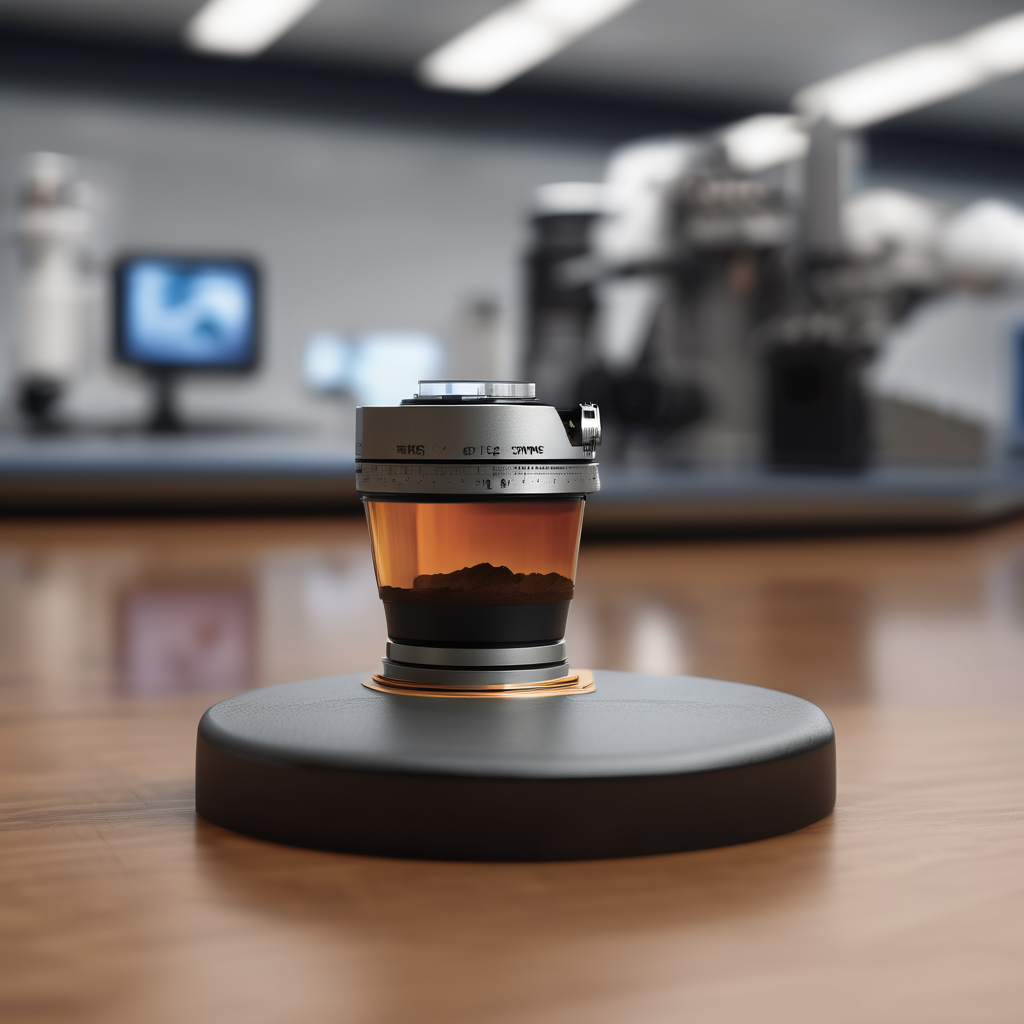Avi Loeb, an esteemed astrophysicist and prominent figure in the field, recently called for NASA to release critical scientific data from the Mars Reconnaissance Orbiter, which captured images of the interstellar object 3I/ATLAS during its close approach to Mars. This event occurred on October 2-3, 2025, when 3I/ATLAS was about 30 million kilometers away from Mars. The images acquired by the HiRISE camera provide a spatial resolution of 30 kilometers per pixel, significantly surpassing the capabilities of the best images gathered by the Hubble Space Telescope. These high-resolution images, taken from a sideways perspective, are essential for understanding the mass loss and the surrounding glow of the object as it neared the Sun.
Loeb discussed the delays experienced in the data release during a podcast interview with Joe Rogan, attributing the lag primarily to a government shutdown that commenced on October 1, 2025. While some conspiracy theorists hinted at a cover-up related to extraterrestrial intelligence evidenced in the images, Loeb dismissed these claims, suggesting that the delay was more reflective of bureaucratic inefficiencies than any potential alien discovery. He emphasized the importance of timely data dissemination for the scientific community, especially as astronomers prepare for subsequent observational studies.
Following this interview, Joe Rogan encouraged Loeb to reach out to the interim NASA administrator, Sean Duffy. Subsequently, Loeb engaged with Congresswoman Anna Paulina Luna, who took proactive measures to address the situation. In response, Representative Luna authored a thoughtful letter to Acting Administrator Duffy, advocating for the scientifically valuable release of the data.
Loeb expressed his gratitude for Luna’s commitment to supporting frontier science through her initiative, highlighting the necessity of scientific progress unhindered by political circumstances. The timely sharing of such data is crucial as it not only enhances our understanding of cosmic phenomena but also strengthens collaborative efforts within the scientific community.
Avi Loeb’s contributions to astronomy and his leadership roles in notable scientific projects position him at the forefront of astronomical research. As the head of the Galileo Project and a founding director of Harvard University’s Black Hole Initiative, Loeb continues to explore the unknown while advocating for transparency in scientific endeavors.
